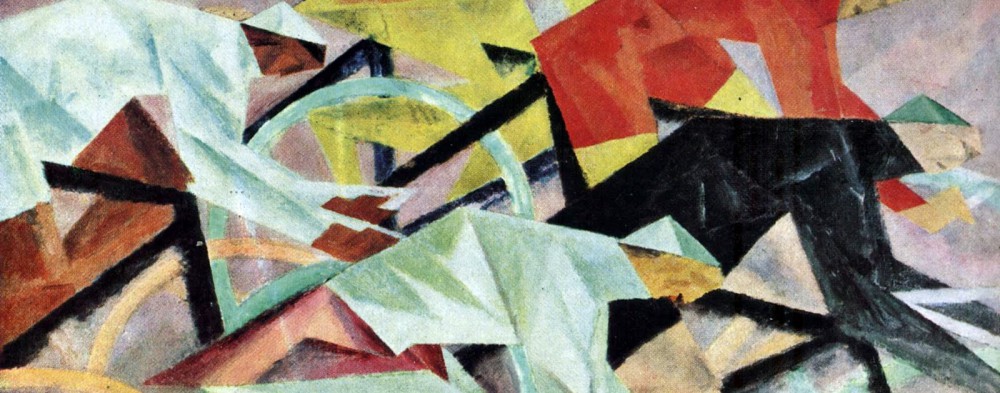Columnist Petula Dvorak opened her column the other day with an incident at a local store she patronizes in Maryland. In that state, store patrons are required to wear face masks because of the covid-19 pandemic. She narrates the ire of a customer refused entrance because he has no mask. “This is America,” she reports him saying. “You can’t tell me what I gotta wear.” Only a larger backup employee discouraged this dubious patriot from pushing on in.
The incident typifies what Ed Young recently observed to be a national trait, a perverse distortion of traditional American values. “[America’s] individualism, exceptionalism, and tendency to equate doing whatever you want with an act of resistance meant that when it came time to save lives and stay indoors, some people flocked to bars and clubs,” he wrote in the March Atlantic. Dvorak’s patron without a mask is that self-righteous American exceptionalist who prizes self-fulillment over duty and responsibility to community. Even in a health crisis the intellectual authority of the medical community and the civic authority of the Governor of Maryland matter less than one’s own instincts of self-determination and self-gratification. “You can’t tell me” what to do.
In WW II, circa 1942, my dad, when he was not developing radar for the military at Raytheon, was an air-raid warden. There were scheduled air raid drills after dark in our suburban Boston home town of Arlington. Everybody had rubber-impregnated window shades that let no light through. When the drill started, we had to turn out all the lights except for the room with the rubber shades, where we went and pulled them down. Dad had to check all the houses on our street to make sure no light was visible. Nobody ever told him “you can’t tell me to pull my shades down!”
Granted the air raid drills were symbolic, not functional. The longest range of any German bomber was that of the Ju 88, about 1550 miles. That would have gotten it just about to Iceland, in good weather with a tailwind. But face mask wearing is pretty symbolic too. The handmade jobs that most people have will not keep them from breathing in the very small novel coronavirus, which is only .12 micrometers in diameter and can travel from 6 to 25 feet through the air. Nevertheless those masks have some value to the wearer and to those who come into contact with the wearer because the viruses are usually borne through the air in comparatively huge water droplets.
The air raid drills worked because we already knew, as a community, that we were all in it together. We had gas rationing. We had food rationing. We ate lamb because the beef and pork were going to the troops. My family drove a 1937 Chevvy sedan until 1948 because you couldn’t get new cars. I could see the road through the floorboards of that, our only car. But we knew the enemy: the Nazis and Hitler; the Japs and Tojo. Not the butcher, not the gas station, not my dad. The drills reminded us of our communal responsibilities to each other, the expectation that we would all sacrifice and that in doing so we would respect one another, have compassion for one another, and survive as one.
Much has changed in our nation since then: the Kennedy assassination, the Vietnamese War, the election of the first President with a media background, the first African American president. We have lost much dignity, much civility, much fundamental respect for one another as Americans. In our response to a global pandemic we are mostly sheltering in place; 22 million workers, about 18% of the workforce, are unemployed. The stock market is unstable. Over 34,000 people have died of a disease that was unknown in this country on January 1 of this year. And many people are angrily defying policies recommended by medical experts to lessen the rates of new cases and deaths. The President of the United States is openly fomenting discord and disobedience of state governors who are acting to protect the health of their citizens. Without fundamental compassion and respect for the good of all, not just our peevish individual selves, how can we hope to continue to function as a nation of decent people who hold democratic values and aspirations?

